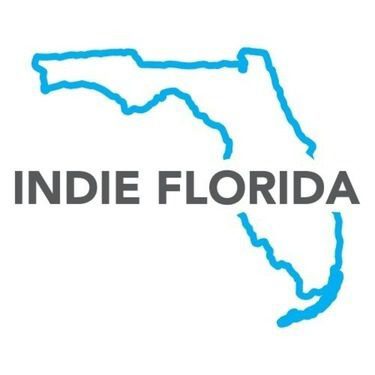Everybody Loves Moses II
Last week, we observed how God preserved Moses’ life by sending him to the Pharaoh’s own house to be brought up, preparing Moses to be a mediator for the Hebrews.
When Moses became a man, he tried to take matters into his own hands and murdered an Egyptian who was assaulting a Jew.
Moses was forced to flee and he headed to the land of the Midianites, who were relatives of the Jews.
Genesis 25: 1-2 Then again Abraham took a wife and her name was Keturah. And she bare him Zimran, and Jokshan, and Medan and Midian, and Ishbak, and Shuah.
Eventually, he ended up in the land of Midian, which is across the Sinai Peninsula. There he met Jethro, a priest who had several daughters, one of whom was named Zipporah. Moses married Zipporah and they had two sons, Gershon and Eliezer, and he became a shepherd.
Note: Exodus 2:17-19 And the shepherds came and drove them away: but Moses stood up and helped them, and watered their flock. And when they came to Reuel their father, he said, How is it that ye are come so soon today? And they said, An Egyptian delivered us out of the hand of the shepherds, and also drew water enough for us, and watered the flock.
Wherever he was, as occasion offered itself, he loved to be doing justice, and appearing in the defense of such as he saw injured, which every man ought to do as far as it is in the power of his hand to do it. He loved to be doing good. Wherever the Providence of God casts us we should desire and endeavor to be useful; and, when we cannot do the good we would, we must be ready to do the good we can. And he that is faithful in a little shall be entrusted with more. Matthew Henry
His Role as Leader
In becoming a shepherd, Moses followed the example of the other great leaders of the Jewish people; Abraham, Isaac, Jacob, and Jacob’s twelve sons were all shepherds. A shepherd has a lot of time to think, and this is an absolute prerequisite for being a prophet. The work of a shepherd is practice for dealing with large groups of living creatures.
Perseverance
[Exodus 3 & 4] While Moses is tending the sheep, he has a vision of the burning bush. When Moses encounters God at the burning bush, God identifies Himself repeatedly [Exodus 3:6, 3:13, 3:15, 3:16, 4:5] as the God of his forefathers — Abraham, Isaac and Jacob with whom He had made an eternal covenant.
God made an eternal covenant with Abraham, Isaac and Jacob and He renews the covenant at several intervals.
God tells this to Moses and then commands, “Go back and tell Pharaoh to let My people go.”
Exodus 3: 11. Who am I that I should go to Pharaoh and that I should bring the sons of Israel out of Egypt. Moses replies: “I am slow of speech. Surely you’ve chosen the wrong man.”
God says: I’ve prepared Aaron. You have only to obey. Go back to the children of Israel and tell them I have chosen you to lead them out of Egypt.
Moses goes back down to Egypt, confronts the Pharaoh with his brother Aaron, and he says, “The God of my forefathers told me to tell you: ‘Let My people go.'” And in response, the Pharaoh is incredulous “What are you talking about? Who is this God? I don’t know him.”
The ancient Egyptians had around 2,000 gods. They took their spirituality and knowledge of the spiritual world very seriously. You can imagine the priests consulting their lists of different gods and not being able to find the God that Moses was invoking.
The notion of one, infinite, all-powerful God was an idea that was incomprehensible to the ancient polytheistic people — it simply did not fit with their way of viewing the world.
The Pharaoh reacts and intensifies the burden on the children of Israel (they now have to find their own straw to make bricks.)
Exodus 5: Moses returned to the Lord and said, Why have you brought harm to this people?
One of the hardest things for any Christian is to wait for God to accomplish His purpose.
The Exodus seemed unreachable. And it gets worse.
After each of the ten plagues, victory seems certain. Pharaoh says, “Go.” Moses prepares to go and Pharaoh changes his mind.
This goes on for 8 chapters until the plague of the death of the firstborn. Only then did Pharaoh agree to let the Hebrews go.
But after they leave, he pursues them.
And they reach the Red Sea, trapped with the army of Pharaoh approaching.
There was nothing to do but go forward.





0 Comments